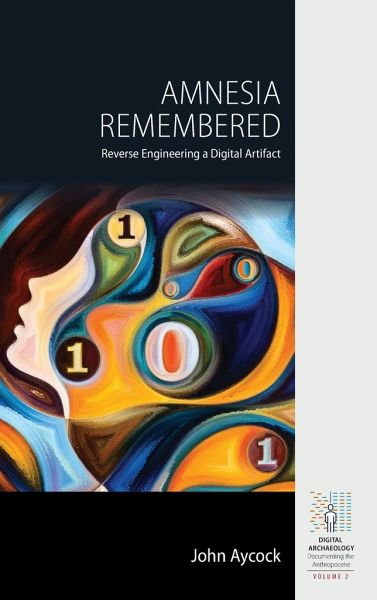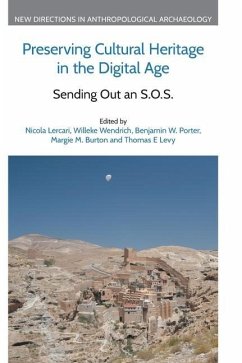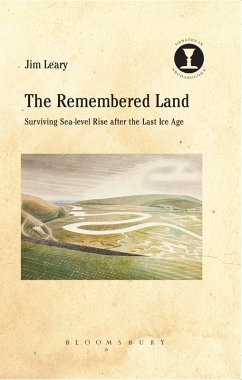
Amnesia Remembered
Reverse Engineering a Digital Artifact

PAYBACK Punkte
65 °P sammeln!
Our modern culture is increasingly expressed in the form of digital artifacts, yet archaeology is in its infancy when it comes to researching and understanding them. The study and reverse engineering of digital artifacts is no longer the exclusive domain of computer scientists. Presented by way of analogy to the process of archaeological fieldwork familiar to readers, the 1986 Electronic Arts game Amnesia is used as a vehicle to explain the procedure and thought process required to reverse engineer a digital artifact. As a go-to reference to learn how to begin studying the digital, Amnesia is ...
Our modern culture is increasingly expressed in the form of digital artifacts, yet archaeology is in its infancy when it comes to researching and understanding them. The study and reverse engineering of digital artifacts is no longer the exclusive domain of computer scientists. Presented by way of analogy to the process of archaeological fieldwork familiar to readers, the 1986 Electronic Arts game Amnesia is used as a vehicle to explain the procedure and thought process required to reverse engineer a digital artifact. As a go-to reference to learn how to begin studying the digital, Amnesia is shown to be a multi-layered artifact with a complex backstory; through it, topics in data compression, copy protection, memory management, and programming languages are covered.













